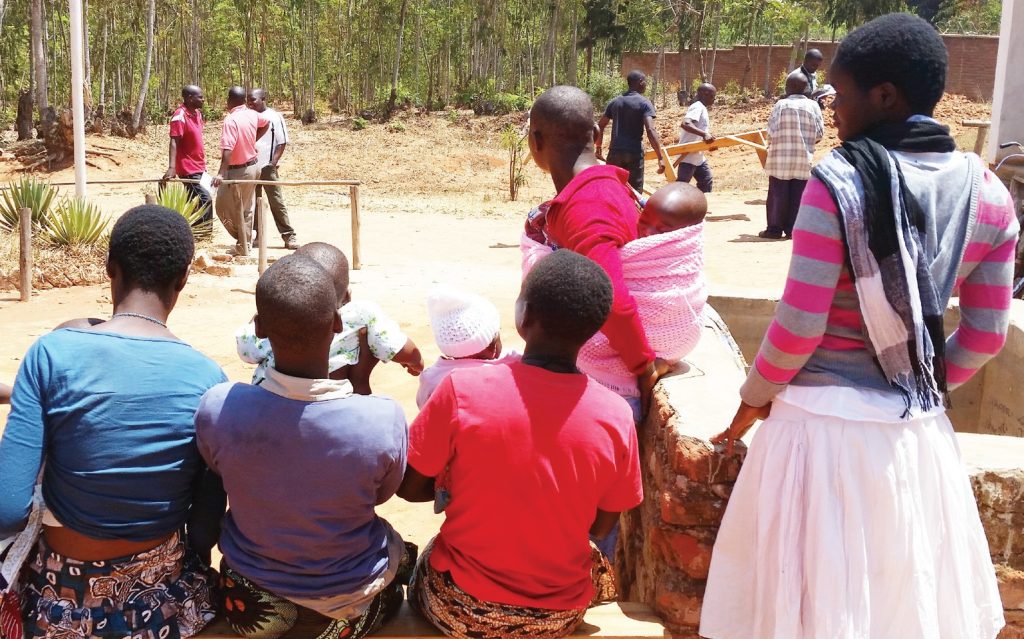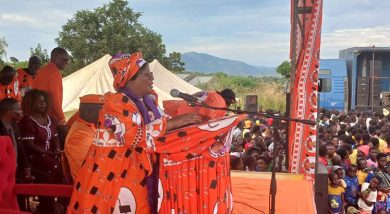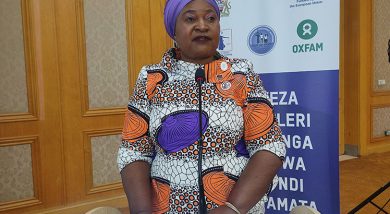No education for 92% early marriage victims
Mercy (not real name) is three years below the minimum age of marriage.
However, she got into a child union at 14 last year.

The resident of Kaiwonanga Village, Traditional Authority M’mbelwa in Mzimba District was withdrawn from the marriage when pregnant.
Now, she has a child. However, despite Malawi having a policy that allows teenage mothers to go back to school after giving birth, the 15-year-old is yet to register.
Mercy has opted to focus on raising her child because of lack of education support.
Her future looks bleak as pangs of poverty might cling to her forever.
Mercy’s story is the same for 92 percent of children whose early marriages the Ministry of Gender, Community Development and Social Welfare nullified in the 2023/24 financial year.
In total, the ministry, according to the 2024/25 Programme Based Budget document for 2024/25, cancelled 14 161 child marriages.
However, only 1 270 or eight percent of the children returned to school.
Cancellations of child marriages are highlighted as successes by the ministry in the outgoing fiscal year.
For a month, Nation on Sunday waited in vain for a response to a questionnaire to the Ministry of Gender to shed light on the nullifications.
The Ministry of Education has also not responded to our questionnaire to assess the low re-admission among early marriage returnees.
However, education expert Limbani Nsapato described the low re-admission rate as worrisome while expressing fear it may discourage efforts to bring back the children to school.
“There is a need to undertake an audit to find out the reasons. However, lack of civic education on the benefits of education, poverty and inadequate parental care could be some of the reasons,” he pointed out.
Nsapato, who is also Edukans Malawi country director, said there was need to raise awareness among community members for more children to go back to school.
“This should be supported by by-laws which the traditional leaders can come up with to motivate parents to send children back.
“Child rights non-governmental organisations should support awareness and social mobilisation efforts. Poverty can be addressed by community empowerment programmes targeting parents so that parents are able to support the children in need. This requires government intervention through the social welfare office,” he added.
Parliamentary Women Caucus chairperson Roseby Gadama said the children lack follow-ups after nullifying their marriages.
“Many got into that marriage because of poverty. When we nullify the marriage, do we give them any support?” she wondered.
The Zomba Thondwe lawmaker further said the rescued 14 161 may not be a true reflection of all child marriages that took place in that period.
“It is a good number, I must commend the ministry, but we are not doing enough. There are many unrecorded child marriages,” she said.
Malawi adopted a readmission policy in 1994 to ensure pregnant girls and technically, those retrieved from marriages, resume their education after giving birth.
Another education expert Steve Sharra said the percentage of children rescued from child marriages and readmitted into schools is depressingly low.
Among contributing factors, he highlighted unconducive learning which include learning materials shortages, crowded classrooms and poor attitudes towards the re-admitted learners.
“There are dominant societal attitudes around school girls, especially those who have become pregnant and given birth.
“Some of these attitudes persist in schools among teachers, school leaders and fellow students. Some maintain that allowing girls who have given birth to return to school encourages other girls to fall pregnant or get married,” he said.





